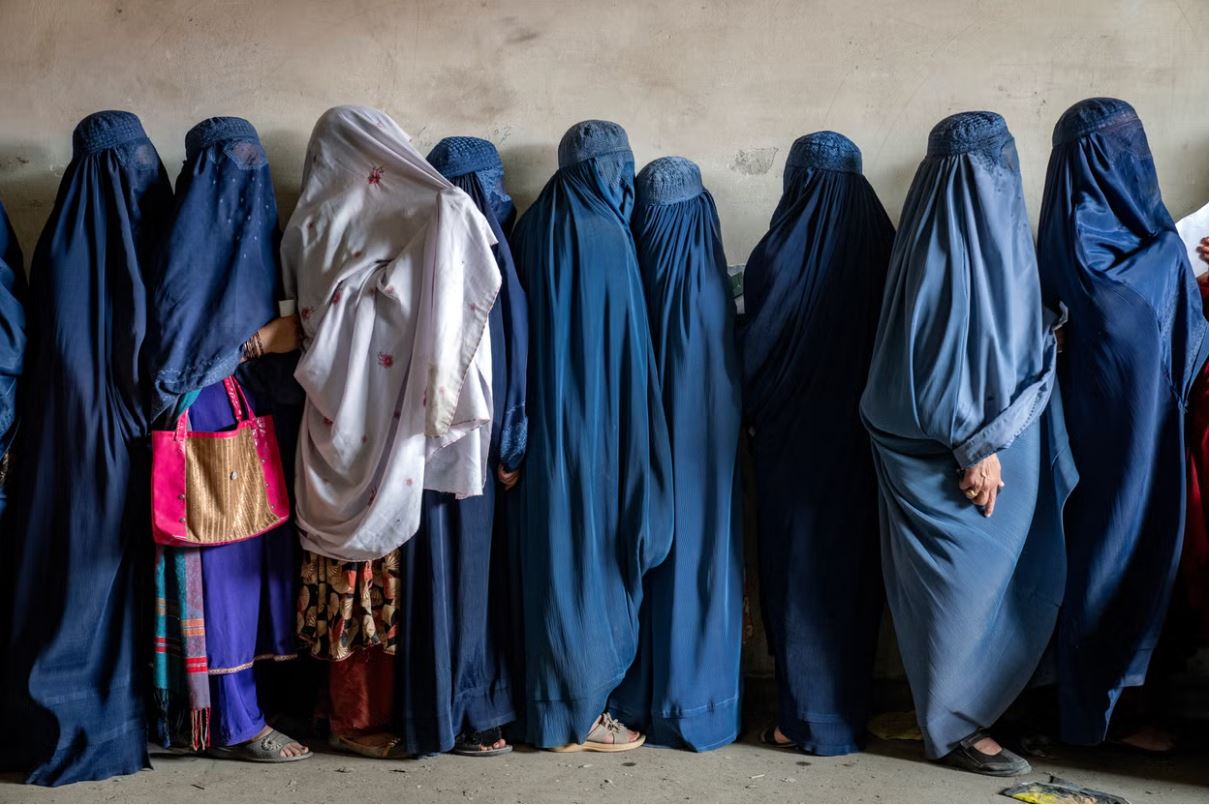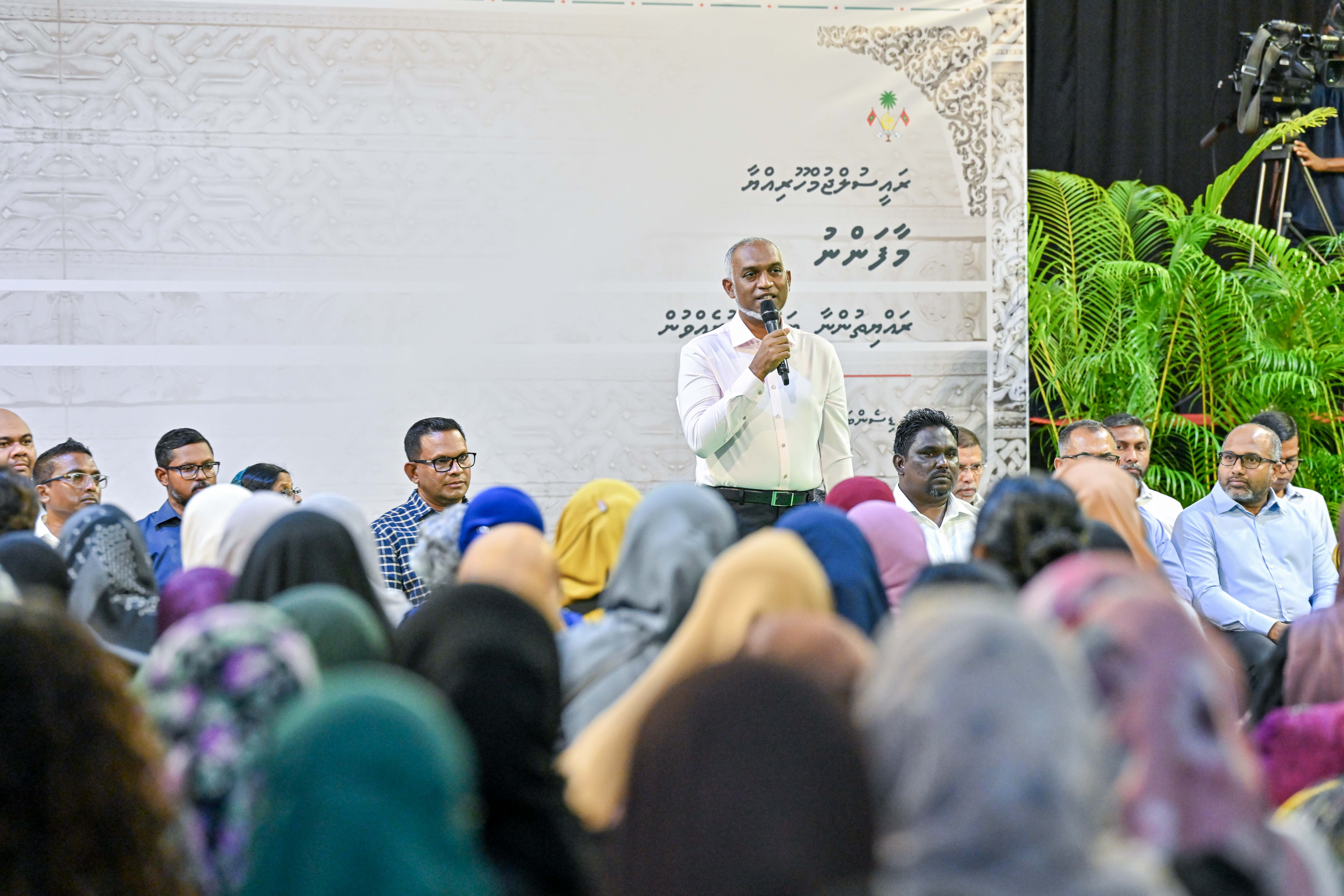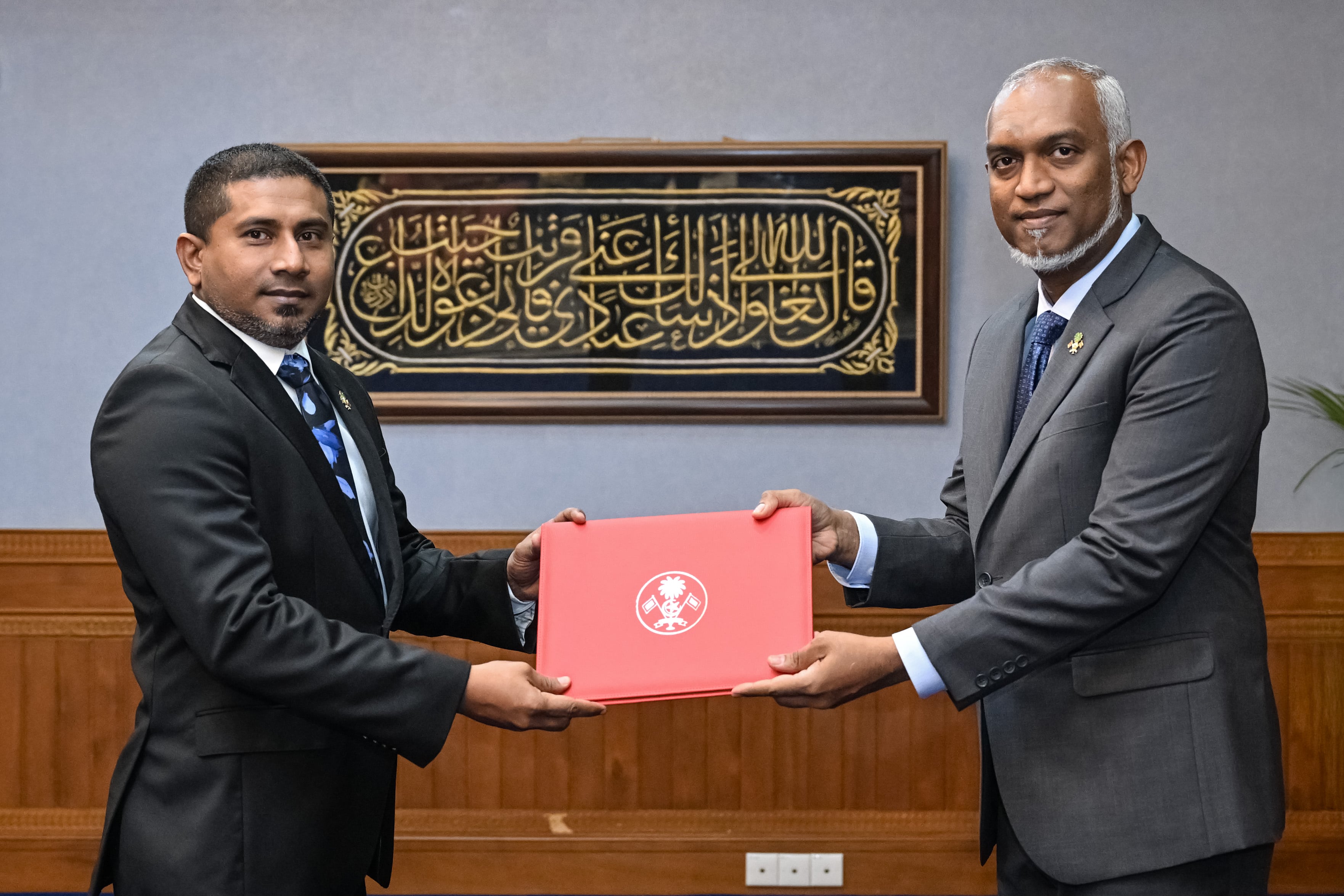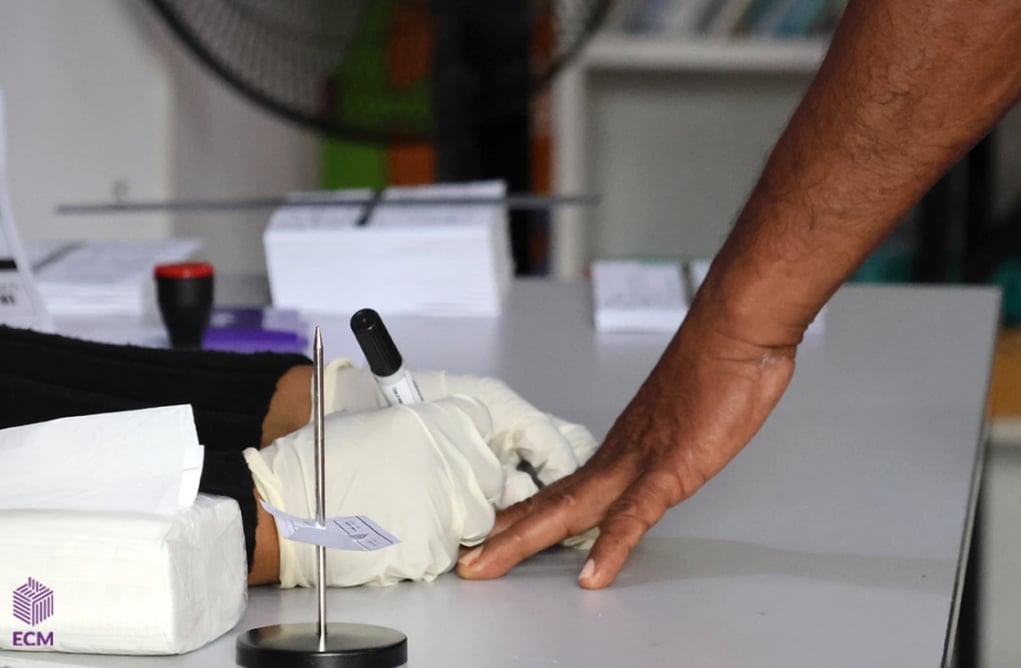Restrictions on women’s rights in Afghanistan continue to impede the country's reintegration into the international community, according to a senior United Nations official. Despite the Taliban's participation in upcoming talks in Doha, this does not imply the legitimization of their isolated government.
Since regaining power in 2021, the Taliban authorities have not been formally recognized by any nation due to their strict interpretation of Islam, which has severely restricted women’s freedoms. The United Nations has described this suppression as “gender apartheid.” Roza Otunbayeva, head of the UN mission in Afghanistan (UNAMA), informed the Security Council that these restrictions, particularly in education, deprive the country of vital human capital and contribute to a brain drain, undermining Afghanistan’s future. She emphasized that such unpopular measures weaken the Taliban's claims to legitimacy and block diplomatic efforts aimed at reintegrating Afghanistan into the global community.
The process to enhance global engagement with Afghanistan began in Doha last year, involving foreign special envoys and Afghan civil society, including women. The Taliban, however, were excluded from the initial talks and refused to participate in subsequent rounds if other Afghan representatives were involved. The third round of talks is scheduled for June 30 and July 1 in Doha, with the Taliban having assured their attendance. Otunbayeva highlighted the importance of Taliban participation in these discussions but cautioned against expecting significant outcomes from a single meeting. She reiterated that engagement with the Taliban does not equate to legitimization or normalization.
Addressing concerns over the absence of Afghan civil society representatives, particularly women, at the talks involving the Taliban, Otunbayeva announced that these groups would attend a separate meeting in Doha on July 2. This arrangement, she said, represents the current possibilities. Afghanistan’s UN ambassador Naseer Ahmad Faiq, who represents the pre-Taliban government, criticized the exclusion of civil society and women from the main talks in Doha as "disappointing." He also expressed concern that the agenda did not include discussions on the political process and human rights in Afghanistan, warning that this could be seen as a shift away from crucial issues for the Afghan people.
Since regaining power in 2021, the Taliban authorities have not been formally recognized by any nation due to their strict interpretation of Islam, which has severely restricted women’s freedoms. The United Nations has described this suppression as “gender apartheid.” Roza Otunbayeva, head of the UN mission in Afghanistan (UNAMA), informed the Security Council that these restrictions, particularly in education, deprive the country of vital human capital and contribute to a brain drain, undermining Afghanistan’s future. She emphasized that such unpopular measures weaken the Taliban's claims to legitimacy and block diplomatic efforts aimed at reintegrating Afghanistan into the global community.
The process to enhance global engagement with Afghanistan began in Doha last year, involving foreign special envoys and Afghan civil society, including women. The Taliban, however, were excluded from the initial talks and refused to participate in subsequent rounds if other Afghan representatives were involved. The third round of talks is scheduled for June 30 and July 1 in Doha, with the Taliban having assured their attendance. Otunbayeva highlighted the importance of Taliban participation in these discussions but cautioned against expecting significant outcomes from a single meeting. She reiterated that engagement with the Taliban does not equate to legitimization or normalization.
Addressing concerns over the absence of Afghan civil society representatives, particularly women, at the talks involving the Taliban, Otunbayeva announced that these groups would attend a separate meeting in Doha on July 2. This arrangement, she said, represents the current possibilities. Afghanistan’s UN ambassador Naseer Ahmad Faiq, who represents the pre-Taliban government, criticized the exclusion of civil society and women from the main talks in Doha as "disappointing." He also expressed concern that the agenda did not include discussions on the political process and human rights in Afghanistan, warning that this could be seen as a shift away from crucial issues for the Afghan people.


















